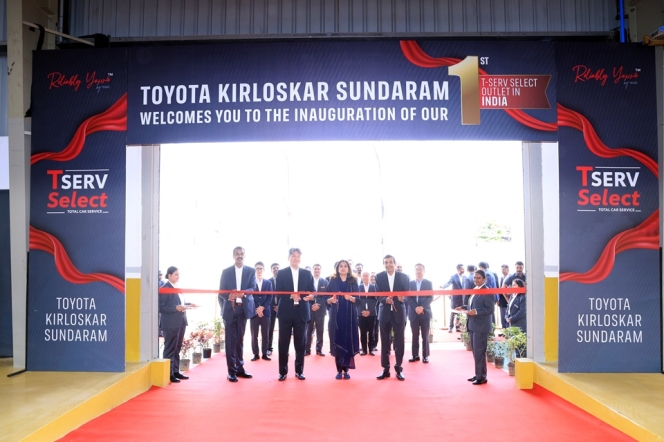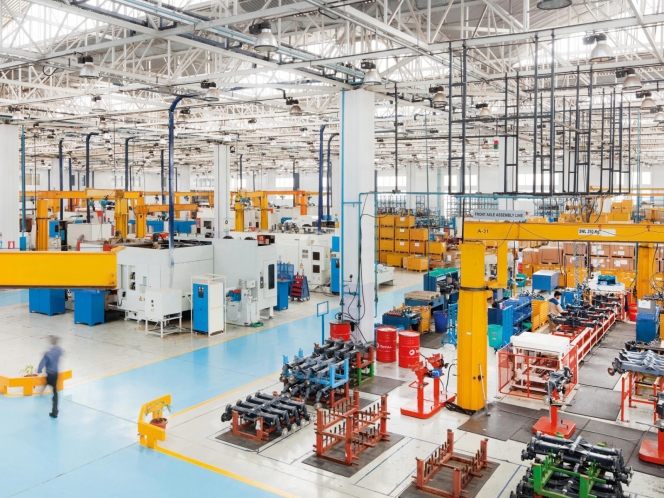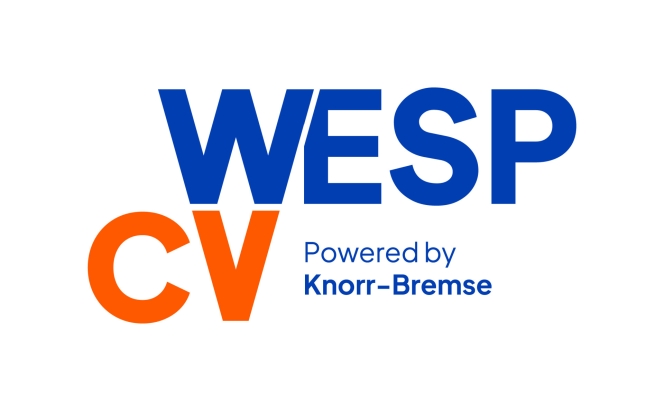
Toyota Kirloskar Sundaram Automotive Solutions has inaugurated its first ‘TSERV Select’ multi-brand service outlet in KR Puram, Bengaluru. The company is a joint venture between Kirloskar Systems, the Trichur Sundaram Santhanam Family (TSSF Group) and Toyota Kirloskar Motor (TKM).
The JV targets the growing demand for organised and transparent vehicle maintenance in India's automotive market. The outlet features diagnostic tools and a workforce trained to provide services for vehicles of all brands.
The company has appointed Rajesh Menon as its President, who comes with over 35 years of experience in the automobile sector. He will oversee the development of a service network intended for various Indian cities.
In addition to the company-owned TSERV Select format, the business operates a network of 150 third-party multi-brand outlets under the ‘TSERV’ trademark. This dual-network approach is designed to increase accessibility while maintaining service standards across different markets.
Geetanjali Kirloskar, Chairperson and Managing Director, Kirloskar Systems, said, “The inauguration of our first service outlet marks an important milestone in building a customer-friendly automotive service platform. As Indian customers increasingly value transparency and trust, our focus is on delivering high-quality and dependable service across vehicle brands.”
Srivats Ram, Director, TSSF Group, said, “The launch of this facility reflects our commitment to making professional vehicle service more accessible and affordable. By addressing the gap between customer expectations and the availability of organized service options, we aim to offer reliable solutions that deliver value across the ownership journey.”
Tadashi Asazuma, Deputy Managing Director, Toyota Kirloskar Motor, said, “The launch of the first TSERV Select outlet marks a significant milestone, reflecting our shared commitment to extending Toyota’s service philosophy through strong and capable local partnerships. As a mobility solutions company, our focus goes beyond vehicles to deliver dependable, end-to-end ownership and service experiences that bring mass happiness to customers. Through disciplined processes, skilled teams, and an unwavering focus on quality, we aim to offer customers a consistent, reliable, and high-standard service experience that builds long-term trust and supports their evolving mobility needs.”













Comments (0)
ADD COMMENT